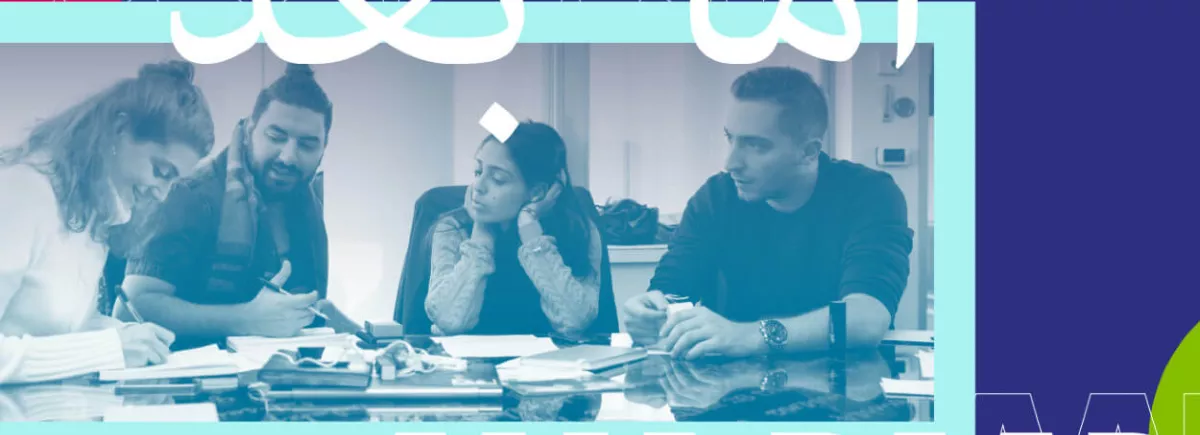
Promoting content creation in the Arab world that focuses on gender and the consequences of the health crisis
Related project
Ama Baad 2Fifteen journalists from four countries of the Arab world (Lebanon, Iraq, Egypt and Yemen), who have been selected on the basis of their work and their desire to promote gender equality in their countries, will benefit from a 3-month support programme.
This programme, which marks the end of the Ama Baad 2 project, is part of a global approach supported by CFI’s Gender Strategy. The support programme kicked off in October 2022 with a training cycle comprising six sessions. This cycle aimed to provide the journalists with the tools they need to cover issues relating to gender equality and to integrate the gender strategy into their coverage of other topics such as health, the environment, the economy or even education. The training will primarily focus on gender-sensitive journalism, key concepts (equal opportunities, diversity, equality, positive discrimination, etc.), gender-related fundamental rights, violence towards women, how to integrate the gender strategy into media coverage and finally the rules of professional ethics applicable to journalism that relate to gender equality.
Individual and financial support
Throughout November and December 2022, the journalists will then be supported by two experts who will help them produce content on gender and the consequences of the health crisis. They will also receive between €1000 and €2000 of financial support to enable them to produce content in several formats: articles, videos and podcasts.
At the end of this production phase, a content monitoring phase will begin in order to analyse the quality of the content produced. This monitoring will make use of the evaluation tools developed during other projects such as Makanati. The content produced will be published by several media outlets and on several platforms including Hodaj.net and Makanati.net.
Since 2020, the Ama Baad 2 project has been providing Arabic-speaking journalists with the resources to cover developmental issues, particularly those concerning the consequences of the Covid-19 pandemic, more effectively.


